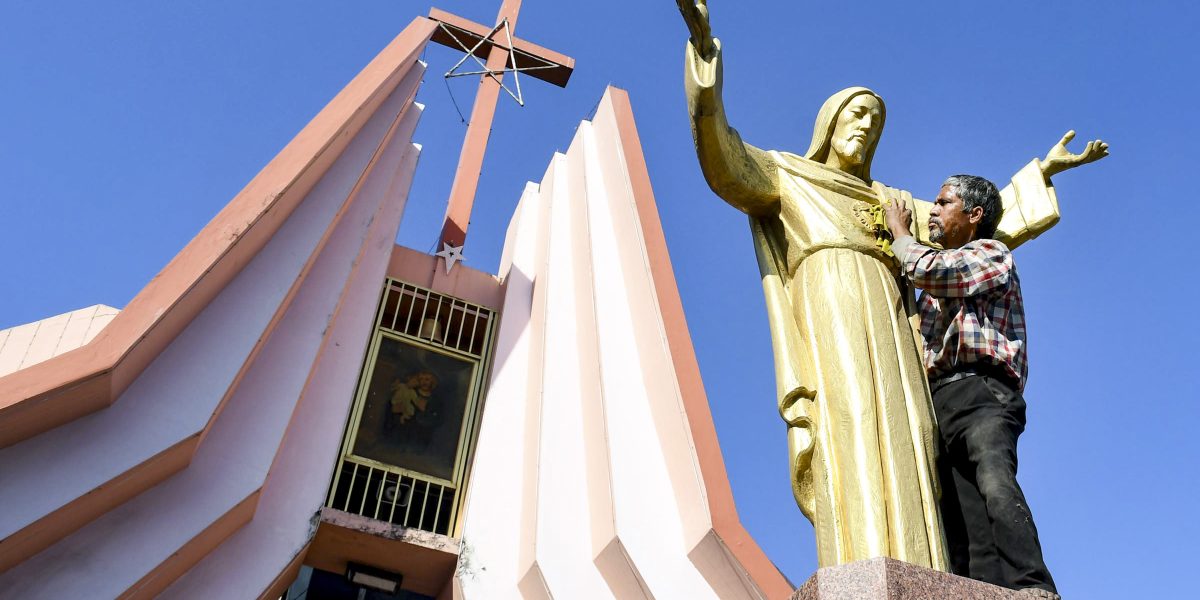
. . . The ubiquity of Hindutva has ensured that everyone in India will have Savarkar’s ideas in mind for the foreseeable future. For Savarkar, Hindutva was never meant to be understood as bounded by national borders; his ambition was always planetary. Anyone with an interest in South Asia also knows that neither Hindutva nor Savarkar can be ignored today, no matter where they live. The challenge for all of us now is navigating the intellectual and political terrain to think with and against his ideas.
Vinayak Damodar Savarkar is a difficult figure. As an intellectual founder of Hindu nationalism, he has emerged as the most controversial Indian political thinker of the twentieth century. His arguments for Hindutva transformed political debate by rethinking the concepts “Hindu” and “Hindustan.”
He is remembered as an anti-imperialist who simultaneously longed for the resurrection of the lost Hindu Empire of centuries past. He is celebrated and condemned for his roles as a nationalist, a revolutionary, a political prisoner, and president of the Akhil Bharatiya Hindu Mahasabha. He gained notoriety for his programme to “Hinduise Politics and Militarise Hindudom” while also arguing for permanent war against Christians and Muslims. He was never forgotten – and for many, never forgiven – for his associations with the murderers of MK Gandhi – the Mahatma. The consequence: Savarkar is declared a martyr by some and condemned as the enemy by others.
The historical significance of Savarkar’s life is acknowledged and accepted by those familiar with modern South Asian history. Less is known about the corpus of his work. His prolific writings have certainly not received the attention of those of his contemporaries or interlocutors.
Moreover, there is a lack of awareness of how much Savarkar actually wrote in his lifetime. The fact that his interpretations, conceptualisations, and ideas were at the epicentre of key debates that shaped the landscape of Indian political thought in the twentieth century is generally overlooked or simply ignored. There is no agreement about how his work should be represented or remembered given his polarising status within India. As a result, the reception of Savarkar’s ideas remains penumbral…
I begin this book with a simple observation: Vinayak Damodar Savarkar struggled with defining Hindutva. The publication of Essentials of Hindutva in 1923 marked an important conjuncture in the development of the conceptual history of “Hindutva.”
Savarkar was not the first to use the concept: it was already a part of Bengali vocabulary in the nineteenth century. Chandranath Basu is identified as the individual who invented or conceptualised “Hindutva” – a term he discussed in his book Hindutva (1892).
However, Savarkar was undoubtedly responsible for the proliferation of the concept in the twentieth century. He explained that Hindutva should not be confused with its “cognate,” Hinduism. For Savarkar, Hinduism was a “code” or a “theory” founded on what he called a “spiritual or religious dogma or system.”
This story was originally published in scroll.in . Read the full story here





